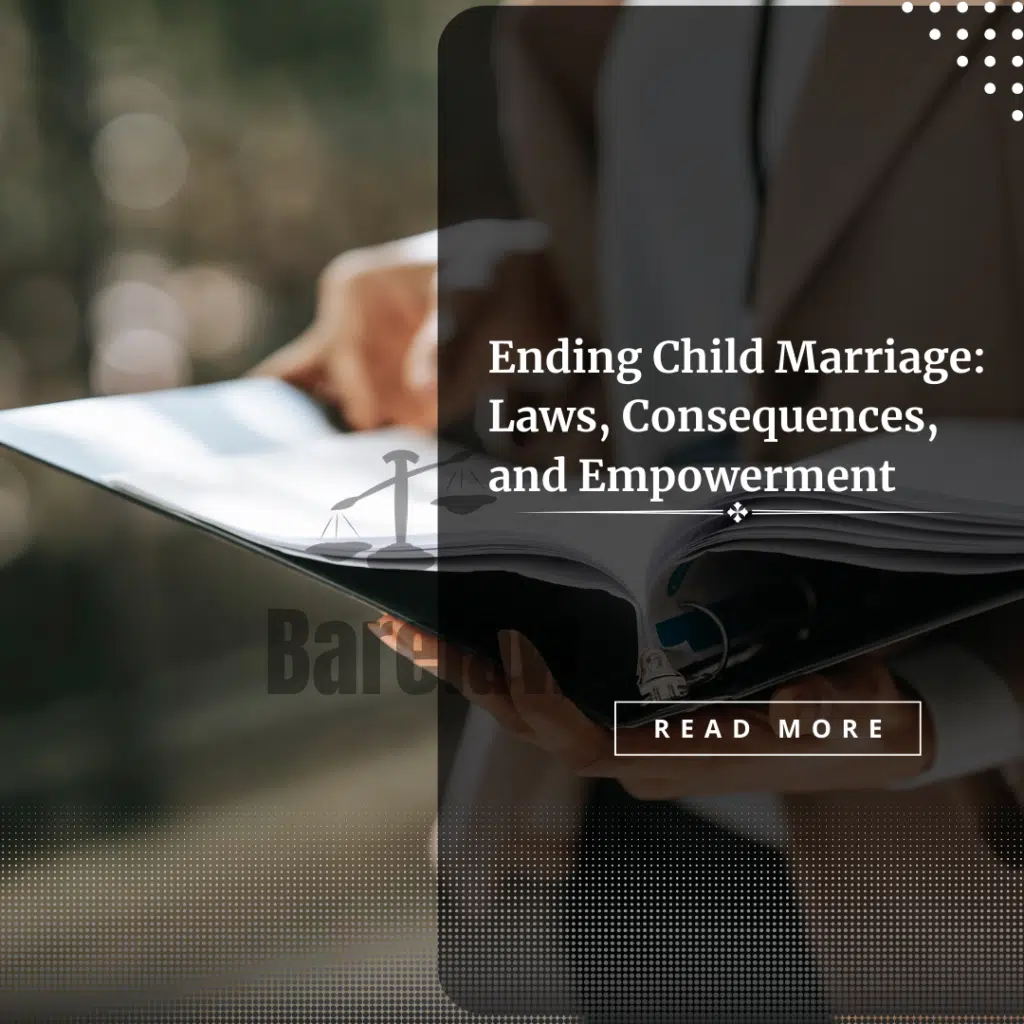
Table of Contents
Grandparents’ Legal Rights in Family Disputes: Custody and Visitation
Grandparents’ Legal Rights in Family Disputes: Custody and Visitation
Introduction
In the middle of complicated legal and emotional fights, grandparents often get stuck in family disputes or cases that involve children’s welfare. Although the rights of parents are the main concern, it should be understood that grandparents too can contribute significantly to a child’s life. The paper discusses some legal steps which may help them secure visitation or custody when there is a conflict within their families.
Understanding Grandparents’ Rights
Grandparents have rights over their grandchildren according to the law. These rights differ from one place to another but they usually cover two aspects:
- Visitation Rights: This allows grandparents to see the kids even if mom and dad are divorced; separated or any other family disagreement has occurred.
- Custody or Guardianship Rights: In certain situations where it is believed that this move will serve a kid’s best interests; grandparents can go for custody or guardianship of those grandkids.
Legal Steps for Grandparents’ Visitation Rights
- State Laws Familiarization: It is important for grandparents to know what particular state or jurisdictional laws say about grandparent visitations. These regulations vary greatly hence might set out qualification criteria as well as application methods.
- Keeping Open Communication Channels: Sometimes trying out peaceful talks with parents of the child involved could be useful before going into litigation mode. Peaceful solutions can help preserve family unity.
- Mediation: If talking directly with moms and dads fails; think about finding an intermediary person who will assist both parties reach compromise positions through discussions.
- Legal Advice Sought: When everything else proves unsuccessful; find yourself a family lawyer conversant with issues surrounding rights of grandparents. They will give you advice based on your case’s unique circumstances and also tell you what steps need taking legally speaking.
- Filing A Petition (where applicable): Prepare necessary documents together with your attorney then file them at court if allowed by laws within your state concerning grandparent visitations. You might have to prove why having such visits would be in the best interests of a child.
- Child’s Best Interests: Generally, judges make their rulings considering what would be good for a kid. You will need to show that your participation is healthy while refusal to allow meeting hurts welfare of that child.
- Offering Emotional and Financial Assistance: Emphasize on how much care love you give this kid; demonstrate how important your presence is during his or her upbringing.
Legal Steps for Grandparents’ Custody or Guardianship Rights
Seeking custody or guardianship of a grandchild is a more complex and significant legal endeavor. Here are the steps to consider:
- Hire An Advocate: Talk to a family law expert who knows about issues related to guardianships and custodies involving children brought up by grandparents. They shall evaluate chances presented by your case then walk with you throughout legal processes required.
- State Reasons: Most times when grandma wants full custody; she must provide grounds like parents being unfit, endangerment situations among others so as to succeed in such application. Your lawyer will help in developing strong points for arguing this out successfully.
- Records plus Proof: Gather any evidence which backs up what you claim including instances where parents have neglected or endangered their kids’ lives. Medical records; school reports plus eyewitness accounts can serve as useful documentation materials during such cases.
- File Petition: Together with assistance from counsel file appropriate papers seeking guardianship or custodianship orders at competent courts ensuring all forms needed are filled accurately.
- Family Law Attorney, Grandparents’ Rights in Child Custody Cases
- Home Study and Investigations: Courts can order a home study or investigations by child protective services to assess the living conditions and atmosphere that you can provide for the child.
- Child’s Best Interests: Like visitation cases, the court will consider the best interest of the child. Be ready to show that awarding custody to grandparents is what is best for the child.
- Mediation and Negotiation: In some instances, mediation or negotiation between parties might result in a custody arrangement which all involved find acceptable. Your lawyer can help facilitate these talks.
- Attend Court Hearings: Attend all required court appearances and proceedings. Before the judge, your attorney will represent your interests and present your case.
Challenges and Considerations
It may be difficult and emotionally draining to try to get grandparents’ rights recognized. Take into account:
- Diverse Laws: The laws protecting grandparent visitation rights differ greatly depending on jurisdiction; hence, what may be allowed in one state could be forbidden in another.
- Parental Rights: Generally, courts have an inclination towards protecting parental rights thus it becomes necessary most times to prove unfitness on part of parents or demonstrate how their conduct endangers child’s welfare.
- Legal Costs: It is important to think about the financial implications of pursuing this matter legally as litigation can be quite costly.
- Emotional Toll: Engaging in legal battles within close-knit families saps everyone involved emotionally including kids concerned.
Conclusion
Grandparents can make all difference in world for children — offering them love, stability & support when they need it most. However sometimes things go wrong among relatives which is why grandparents should know their rights under law with regards not only visiting but also gaining custody over grandchildren if necessary. That being said seeking advice from experienced family law attorneys may serve as helpful first step towards understanding complex legalities surrounding such issues thereby enabling one fight harder for what rightfully belongs to them – the well-being of those little angels. Remembering at all times that everything must be done in best interest of child



